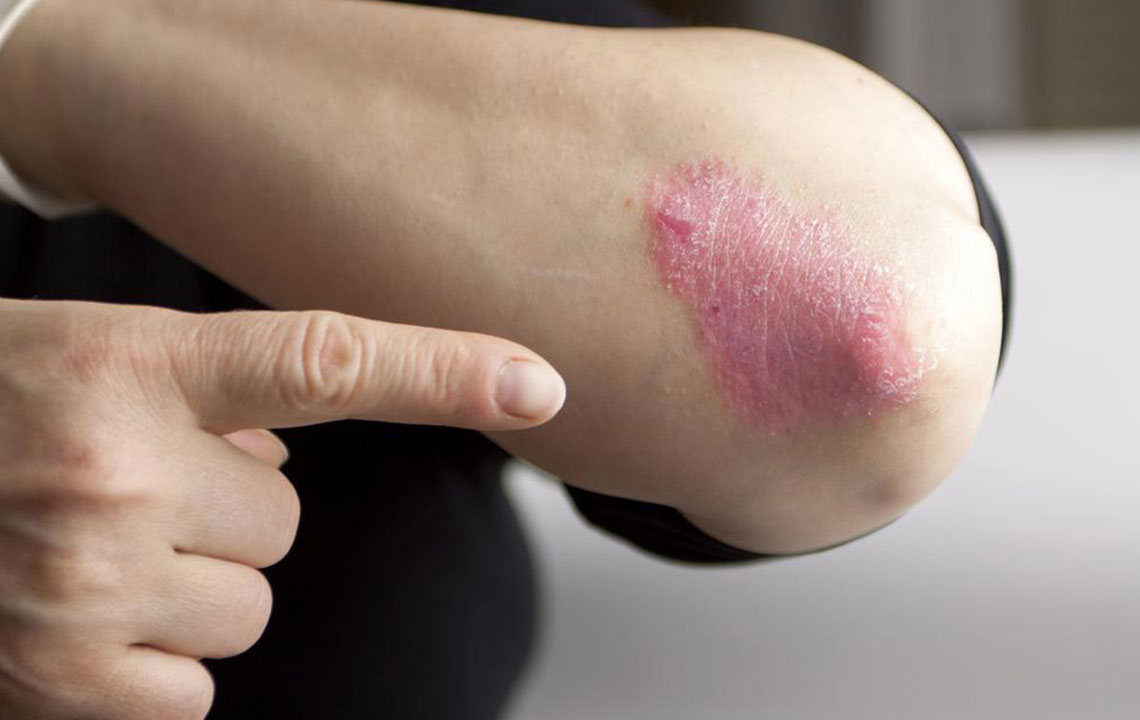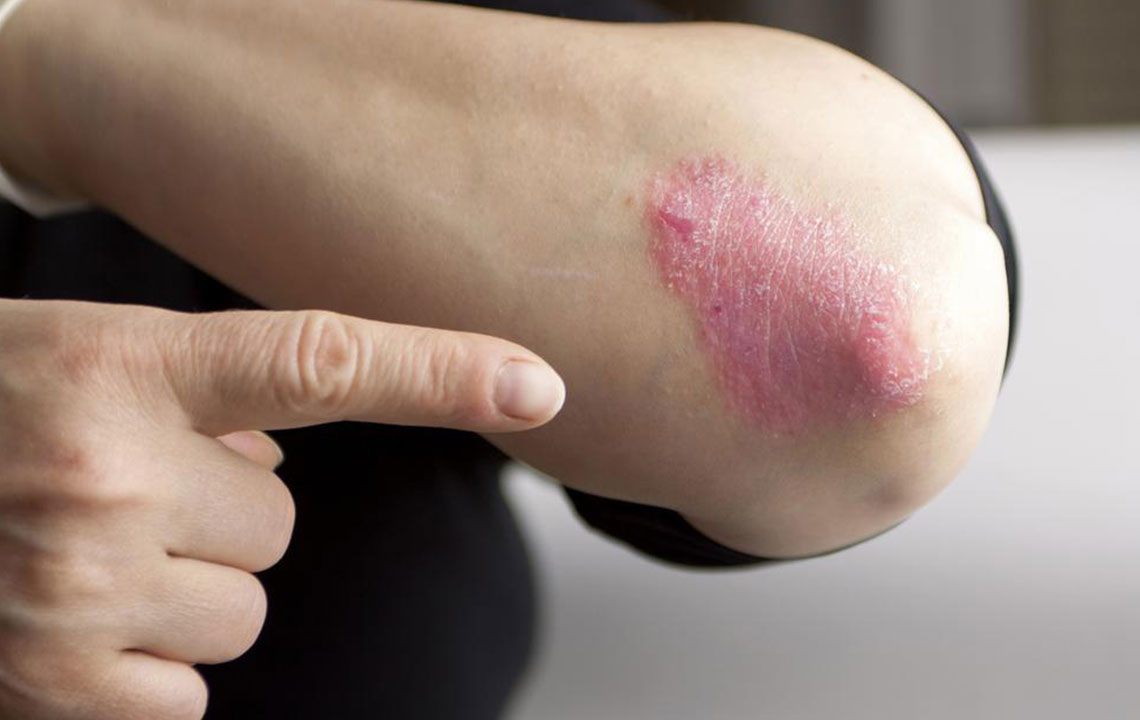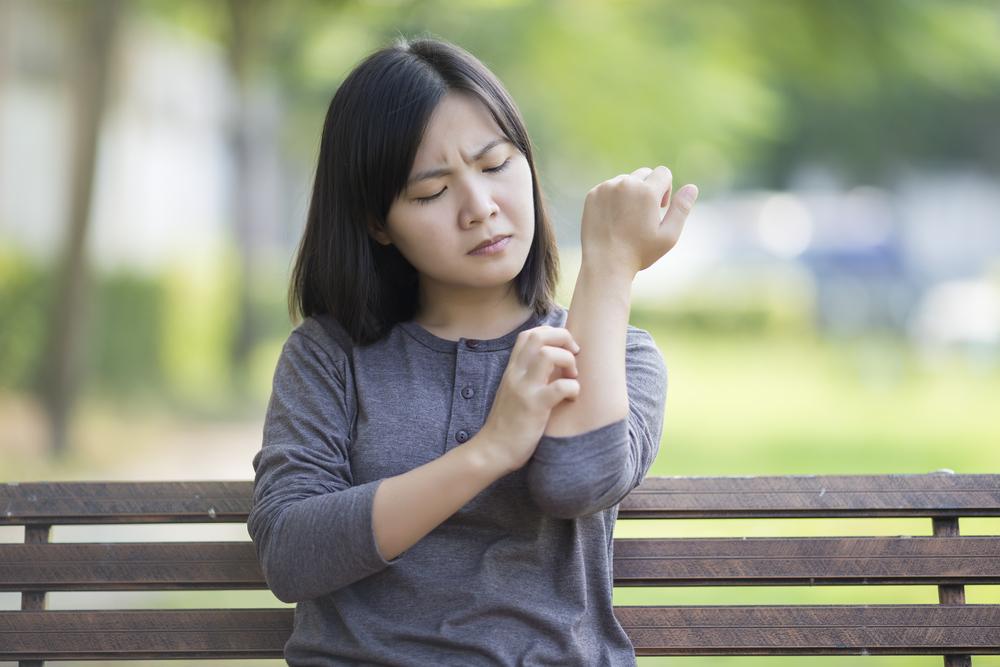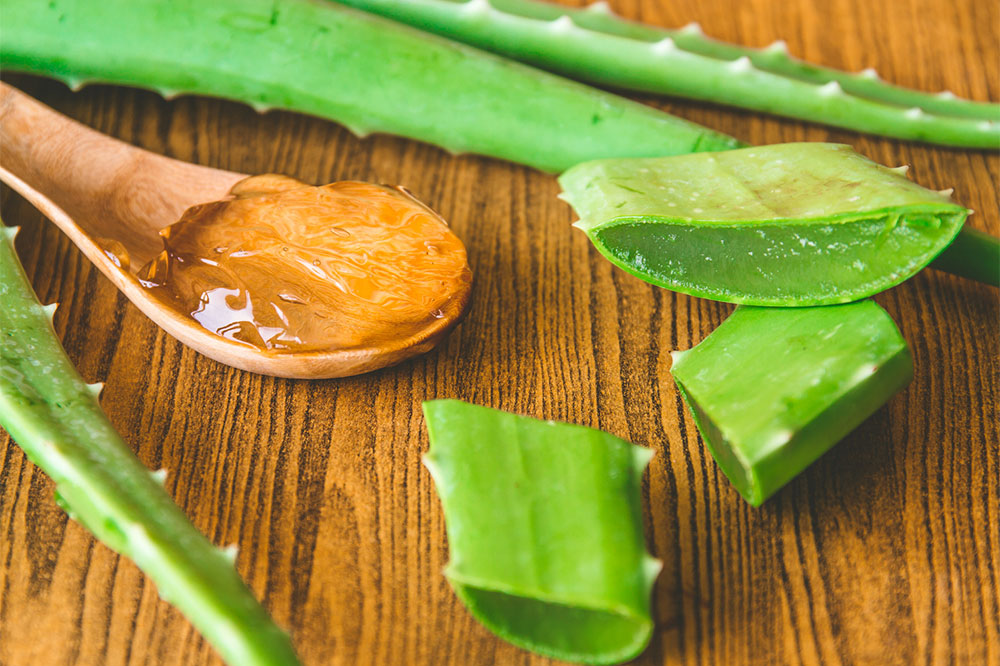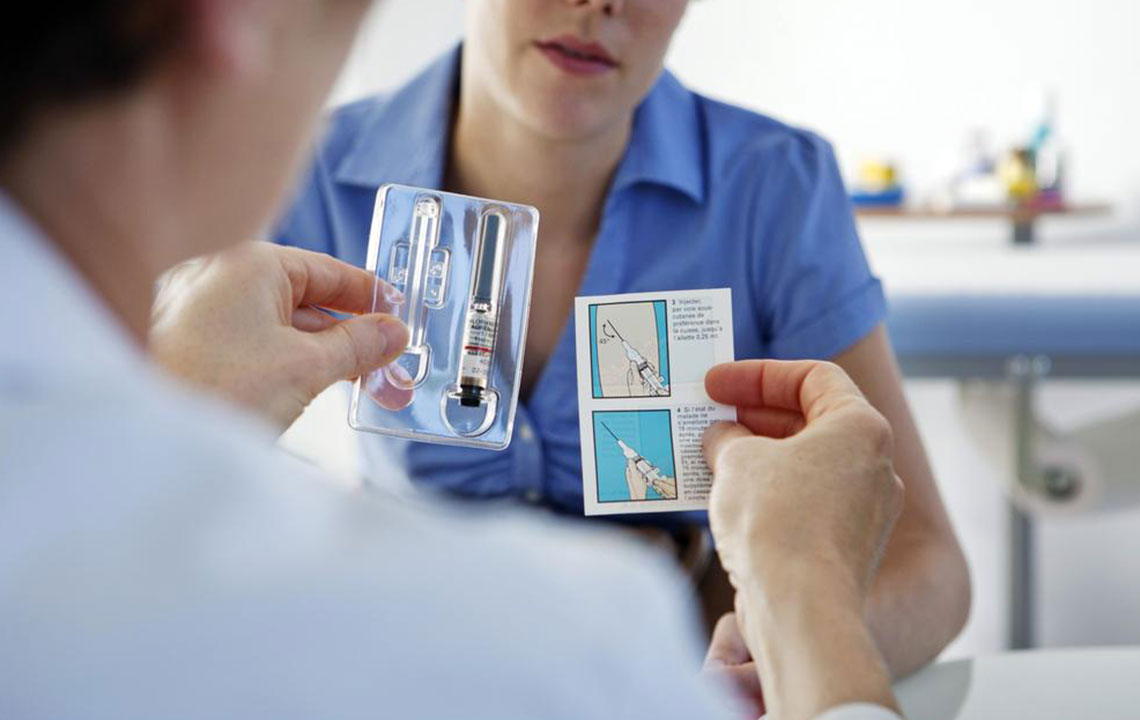Effective Strategies and Treatments for Managing Psoriasis
Learn about effective management and treatment options for psoriasis, a chronic skin condition caused by immune dysfunction. This guide covers types, causes, and remedies ranging from sunlight therapy to natural extracts like aloe vera, emphasizing the importance of medical consultation and lifestyle modifications for symptom relief.
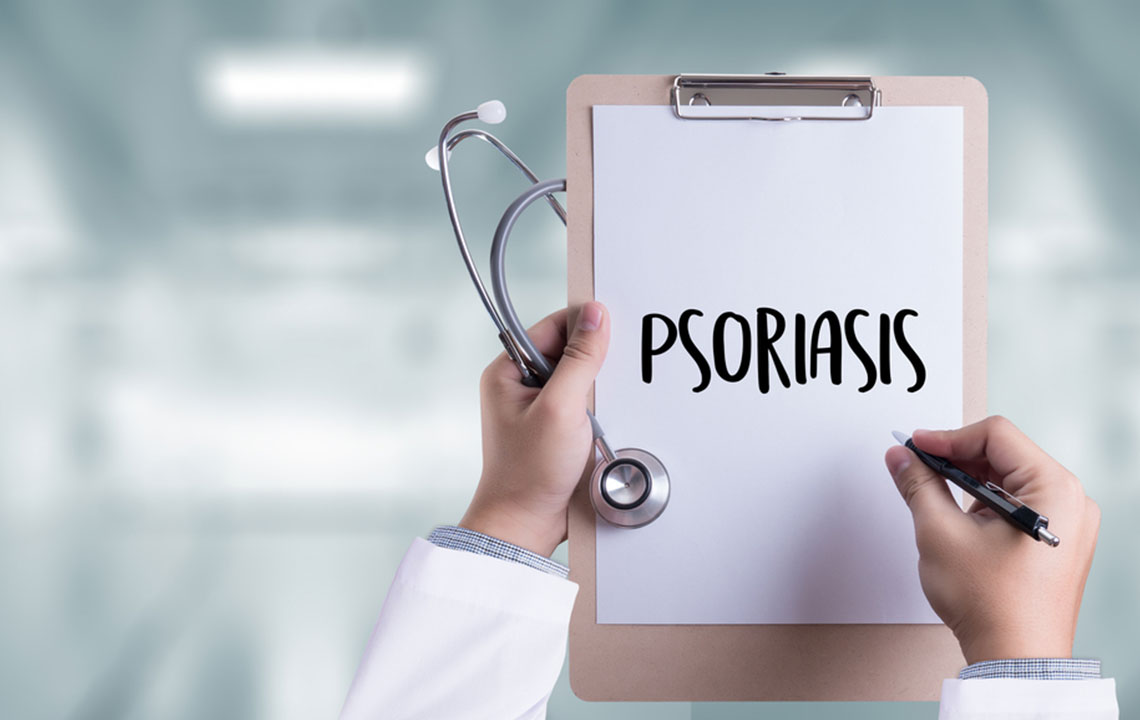
Effective Strategies and Treatments for Managing Psoriasis
Psoriasis is a long-term skin disorder characterized by rapid buildup of skin cells, leading to inflammation and irritation. This accelerated skin cell growth causes itching, redness, and sometimes pain, especially on areas like the scalp, elbows, and knees. There are several types of psoriasis, including:
Plaque psoriasis: The most common form, featuring red, itchy patches that can appear anywhere on the body, including inside the mouth.
Severity varies, with some experiencing pain depending on the affected areas.
Nail psoriasis: Impacts fingernails and toenails, causing abnormal growth and crumbling due to increased skin cell production.
Inverse psoriasis: Often linked to fungal infections, it worsens with sweating and friction, affecting areas like under the breasts and groin, leading to inflamed, red, and smooth patches.
Pustular psoriasis: A less common form characterized by widespread patches on the back, hands, or legs.
Erythrodermic psoriasis: The rarest form where large parts of the body are covered with red, irritated patches, causing discomfort and itchiness.
Understanding the causes of psoriasis is crucial before starting treatment. The condition primarily stems from immune system dysfunction, often triggered by stress, trauma, smoking, infections, injuries, or certain medications. In psoriasis, immune cells attack healthy skin, accelerating cell growth.
**Treatment options include:**
Sun exposure: Moderate sunlight can help reduce symptoms by decreasing inflammation and itchiness, but excessive exposure should be avoided due to skin damage risks.
Topical anthralin: Contains Vitamin D to slow skin cell growth, though it may irritate the skin and stain surfaces.
Moisturizers: Keep skin hydrated, reducing dryness and itchiness, though they don't cure psoriasis.
Retinoids: Vitamin A-based medications for severe cases, with side effects like hair loss and lip inflammation, unsuitable during pregnancy.
Aloe vera: Natural extract applied daily can soothe inflammation and redness.
Avoid fragrances: Use gentle, chemical-free soaps and shampoos to prevent aggravating symptoms.
Warm baths: Regular warm showers can alleviate burning and itchiness effectively.
Turmeric: Known for its healing properties, it may help manage flare-ups when used properly.
Lifestyle changes: Abstaining from alcohol and smoking can decrease risk and improve overall skin health. Maintaining a healthy diet and exercise regime is also beneficial.
Consultation with a healthcare professional is recommended before starting any treatment. Self-care methods like aloe vera and sunlight exposure are initial steps, while medications such as retinoids are prescribed if needed. Ongoing research aims to develop safer, side-effect-free treatments. Since psoriasis is inherited, prevention is challenging, but a healthy lifestyle can help manage symptoms effectively.

